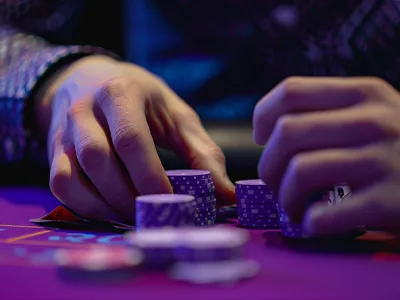Staying aware of behavioral patterns is key to maintaining control and enjoying Baccarat
Live dealer baccarat is a fast-paced game that blends tradition with modern tech, offering players the feel of a real casino from their screens. But beyond the cards and betting slips, there’s a mental game playing out in every round. Winning and losing in live baccarat doesn’t just affect a player’s balance—it deeply impacts their mindset and decisions moving forward.
When players win, there’s often a surge of confidence. It can feel like skill is driving the outcome, even though baccarat is mostly a game of chance. This boost can lead to increased bets or riskier choices. While confidence can be helpful, overconfidence can cause players to ignore the odds or chase streaks that don’t truly exist. A few wins in a row might give the illusion of control, which can quickly fade when losses return.
Losing, on the other hand, can trigger frustration and emotional decision-making. Players might start chasing losses, believing the next round will bring things back in balance. This is often referred to as the “gambler’s fallacy,” where someone assumes that past losses mean a win is “due.” In baccarat, each round is independent, and believing otherwise can lead to deeper losses.
The live dealer aspect adds another layer. Seeing a real person deal the cards creates a stronger emotional connection, which can intensify reactions. The social setting—complete with chat features and other visible players—can push players to perform or act in ways they wouldn’t if they were alone. Some might bet more to keep up, or stay in longer than they should.
Understanding the psychological effects of winning and losing can help players manage their emotions and avoid impulsive behavior.

